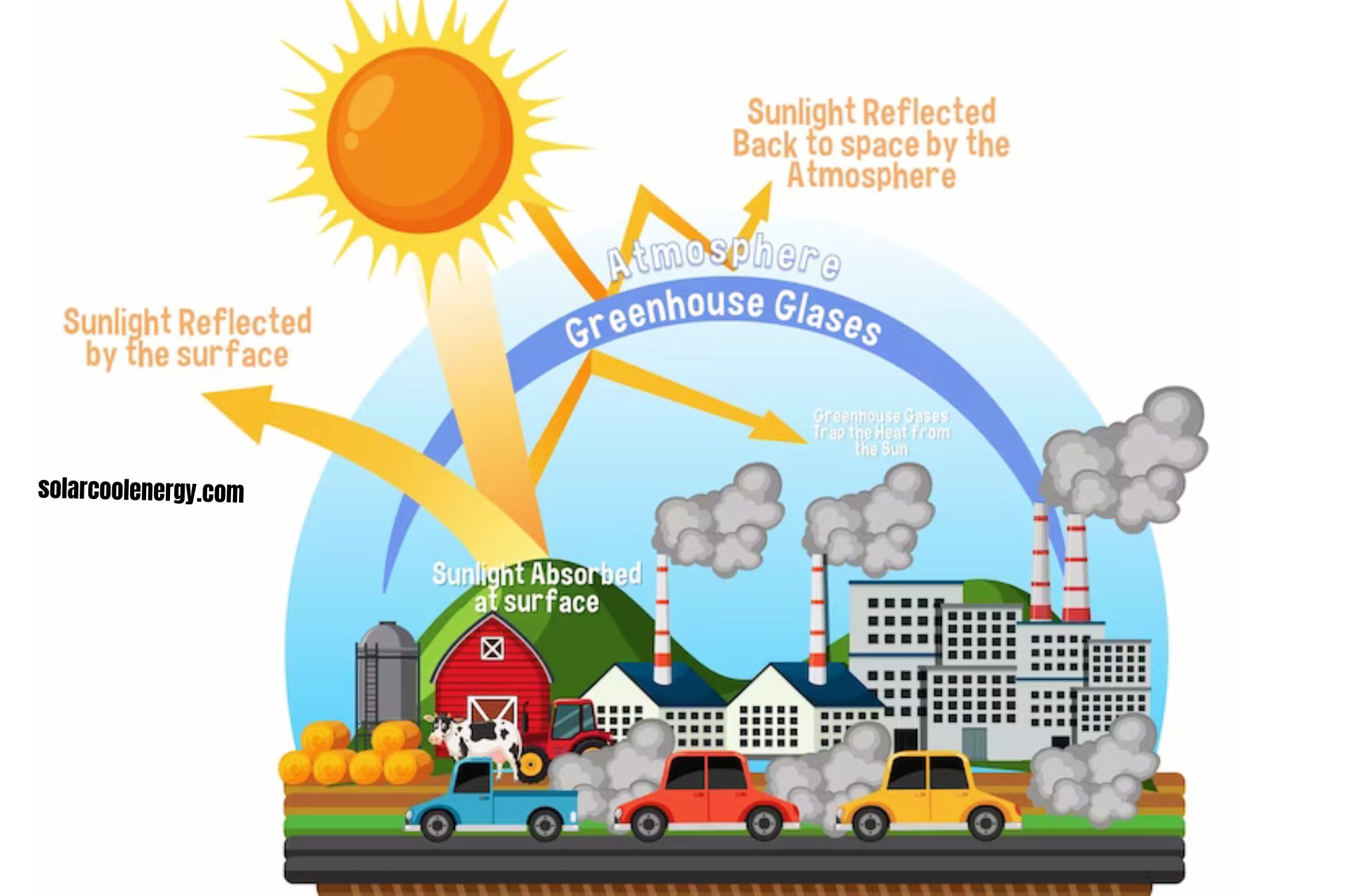Solar energy is better than fossil fuels because it is renewable and does not produce harmful emissions. Unlike fossil fuels, solar energy is a virtually limitless source of energy that can be harnessed from the sun.
Additionally, solar energy is becoming more affordable, while fossil fuels are becoming more expensive due to limited supplies and rising demand. As our planet faces the challenges of climate change and dwindling resources, the shift towards sustainable energy sources becomes increasingly imperative.

Solar energy presents a compelling solution, as it offers a clean and abundant alternative to fossil fuels. The renewable nature of solar power positions it as a sustainable and long-term energy solution, reducing reliance on finite resources and mitigating environmental impact. Furthermore, the declining costs of solar panels make this technology increasingly accessible, facilitating widespread adoption and contributing to a cleaner, more sustainable energy landscape. As we examine the advantages of solar energy over fossil fuels, it becomes evident that transitioning to solar power is not only a viable environmental choice, but also an economically sound decision for the future.
Solar Energy Vs Fossil Fuels: A Sustainable Comparison
Solar energy and fossil fuels are two prominent sources of power that play a significant role in the global energy landscape. In this sustainable comparison, we will delve into the defining characteristics of solar energy and fossil fuels, analyze the importance of sustainability in power solutions, assess the environmental impact, examine the economic feasibility, and evaluate energy efficiency and dependability to understand why solar energy is a better choice than fossil fuels for a sustainable future.
Understanding Solar Energy And Fossil Fuels
Solar energy primarily comes from the sun and is harnessed using photovoltaic cells to generate electricity. Fossil fuels, on the other hand, are derived from organic matter such as coal, oil, and natural gas, formed over millions of years through natural processes.
Defining Solar Energy And Fossil Fuels
Solar energy is a renewable and clean source of energy, while fossil fuels are finite resources that produce harmful emissions when converted into energy.
Importance Of Sustainability In Power Solutions
The sustainability of power solutions is crucial for minimizing the impact on the environment and ensuring long-term availability of energy sources.
Environmental Impact
Solar energy presents a minimal environmental impact, whereas the use of fossil fuels contributes to air and water pollution, as well as greenhouse gas emissions.

Credit: Youtube
Solar Energy’s Contribution To Pollution Reduction
The use of solar energy significantly reduces pollution, as it does not produce harmful emissions during electricity generation.
Fossil Fuels’ Role In Climate Change
Fossil fuels play a significant role in climate change due to the release of greenhouse gases, contributing to global warming and environmental instability.
Economic Feasibility
Solar energy is increasingly becoming more cost-effective with declining prices of solar panels, while the expense and depletion of fossil fuels are leading to higher costs.
Cost-effectiveness Of Solar Energy
Adoption of solar energy offers a cost-effective solution for sustainable power generation, reducing reliance on expensive fossil fuels.
Expense And Depletion Of Fossil Fuels
The depletion and increasing expense of fossil fuels highlight the urgency for transitioning towards alternative and sustainable energy sources.
Energy Efficiency
Solar energy exhibits high energy efficiency, contributing to reliable and sustainable power generation, while fossil fuels are associated with inefficiencies and environmental degradation.
Solar Energy’s Dependability And Efficiency
Solar energy demonstrates reliability and efficiency in power generation, offering a promising solution for meeting global energy demands.
Challenges In Reliability With Fossil Fuels
Fossil fuels face challenges in reliability, acknowledging the need for more sustainable and dependable alternatives to meet future energy requirements.

FAQs On Why Is Solar Energy Better Than Fossil Fuels
Why Is Solar Energy A Better Fuel Than Fossil Fuels?
Solar energy is better than fossil fuels because it is renewable, clean, and becoming more affordable. Fossil fuels are finite, produce harmful emissions, and are becoming more expensive. Solar energy is a limitless source that doesn’t harm the environment.
What Are 5 Advantages Of Solar Energy?
There are several advantages to solar energy: it’s renewable, clean, and affordable, with no harmful emissions. It’s efficient and costs less than fossil fuels.
Why Is Solar Energy A Better Energy Source?
Solar energy is a better source because it’s renewable, clean, and becoming more affordable. Fossil fuels and biofuels are finite and emit harmful emissions. Solar energy offers limitless energy with no negative impact on the environment.
Why Is Solar Energy More Sustainable Than Burning Fossil Fuels?
Solar energy is sustainable because it’s renewable, clean, and more affordable than fossil fuels. It doesn’t produce harmful emissions and has virtually limitless potential. Fossil fuels are finite, expensive, and contribute to climate change, making solar energy a better and more sustainable option.
Conclusion
As we’ve explored the many benefits of solar energy over fossil fuels, it’s clear that solar energy presents a sustainable, clean, and cost-effective alternative. With its renewable nature, minimal environmental impact, and decreasing costs, solar energy holds great promise for a brighter, greener future.
Making the switch to solar power offers a viable

